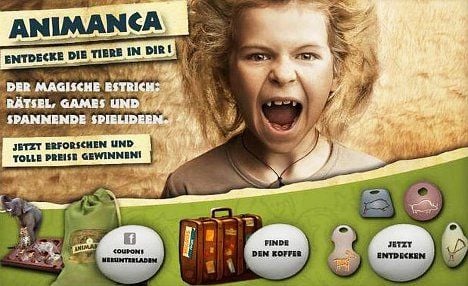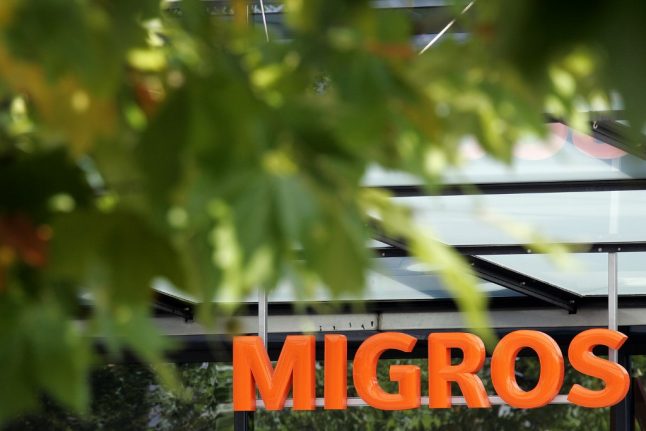While the slogan, “Discover your inner animal”, is considered particularly contentious by Christian critics, the front cover of Migros’ customer magazine, which depicts a child’s face roaring like a wild beast, has also received a large number of complaints.
According to critics, the collectible stones that can be worn as amulets around the neck promote esoteric ideas and mysticism.
Christian website Jesus.ch has argued that the use of amulets promotes non-Christian beliefs, in that an amulet represents an intermediary force between humans and higher powers, newspaper Tages Anzeiger reported on Monday.
Fritz Imhof of the Association of Evangelical Free Churches (VFG) believes the campaign tells children that their happiness and strength are dependent on objects, newspaper newspaper 20 Minutes reports. This, he said, was in direct contradiction to the teachings of the Christian faith.
Migros spokesperson Monika Weibel told Tages Anzeiger that she was surprised by the esoteric interpretation of the “Animanca” campaign.
“We want to bring children closer to the characteristics of animals, so they should feel on one day like a sly fox and the next day like a swift hare”, she said.
Psychologists maintain that there are positive benefits to be gained from children role-playing as different animals, and that skills and confidence are increased from doing so.



 Please whitelist us to continue reading.
Please whitelist us to continue reading.
Member comments